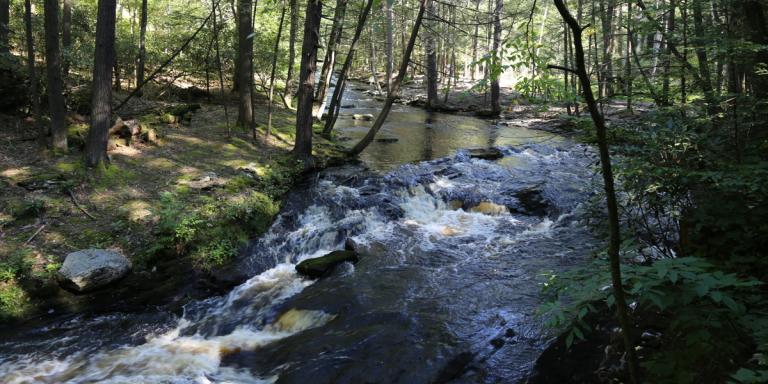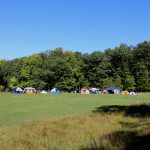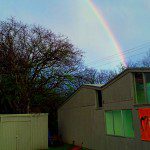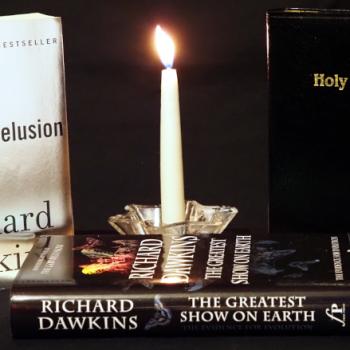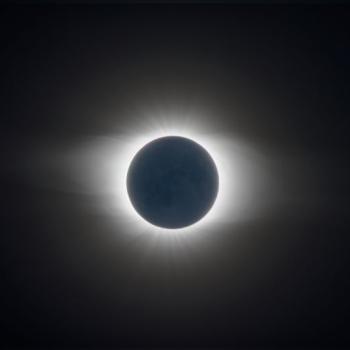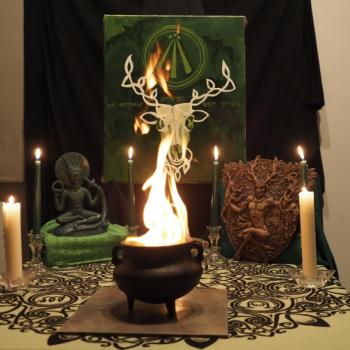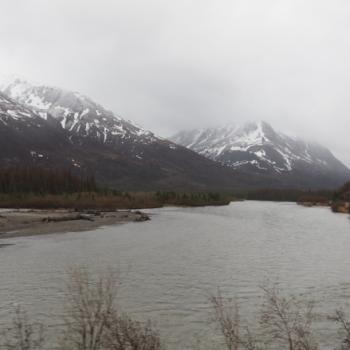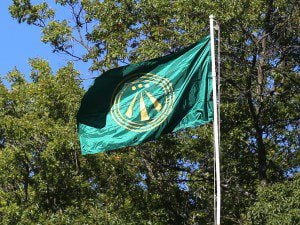 If you want to talk about the weather, you can strike up a conversation with a stranger in the grocery store. If you want to talk sports, you can probably find someone in your office or school who shares your love for your local teams (get well soon, Tony and Dez!). But we’ve all been warned “don’t talk about religion and politics.” That’s good advice if we’ll only heed it – it prevents a lot of needless fights.
If you want to talk about the weather, you can strike up a conversation with a stranger in the grocery store. If you want to talk sports, you can probably find someone in your office or school who shares your love for your local teams (get well soon, Tony and Dez!). But we’ve all been warned “don’t talk about religion and politics.” That’s good advice if we’ll only heed it – it prevents a lot of needless fights.
But what if you really want to talk about religion? What if you need to talk about religion? It’s one thing if you belong to a large church with lots of educated and experienced members, but Pagans are lucky to have a small group of nearby people who follow their tradition. Many of us are solitary practitioners.
I’m fortunate to have a small but very deep group of Pagan friends in Denton CUUPS. But even with that, I still look forward to the religious conversations I have at the various Pagan gatherings I attend.
I lost track of how many times I heard “can I talk to you for a minute?” at last week’s OBOD East Coast Gathering. I’ve come to expect this and I really enjoy it. But this year’s conversations seemed to be deeper and more serious than in previous years. In particular, I heard a lot of questions and comments around polytheism.
At first, this struck me as odd. In the Four Centers of Paganism model, OBOD is strongly Nature-centered and Self-centered. One of the early Bardic grade lessons explains the various views of divinity, but it does not promote one view over the others. Many – probably most – OBOD members consider Druidry to be spirituality rather than religion. OBOD’s inclusiveness is one of the reasons it’s the largest Druid order in the world.
That inclusiveness is big enough to include polytheism. And the more I thought about it, the more I realized that rather than being surprised, I should have expected this interest. While the conversations I had at the ECG are private, there are some common themes that flow from them that tell us why polytheism is rising among the Druids.
The Gods are moving. Any conversation about our relations with Gods with agency must begin with the Gods themselves. They are moving – calling people to Their service as priests, devotees, scholars, warriors, artists, musicians, and in the many ways we serve that which is greater than ourselves. Some people are pursuing the Gods on their own, but most seem to be responding to visions, dreams, and messages that are vague when viewed in isolation but that are quite clear within the context of Paganism.
We can guess at what They’re up to – I’ve had great fun watching followers of Morrigan and followers of Odin comparing notes – but all we can do is guess. But while we can’t know why They’re moving, we can clearly see that They are moving.
They’re recruiting in fertile ground. If you want apples, you’ve got a better chance to find them at a grocery store than a clothing store. You’ve got a better chance of finding good apples at a farmers’ market than at a big box store. You can get apples at Wal-Mart, but how much better will they be if you can get them straight from the orchard?
In our skeptical, materialist culture, the Gods could bodily appear on a downtown sidewalk and at best They’d get a few odd looks. I hear some polytheists talk about dealing with ancient and primal Gods who don’t seem to understand contemporary Western culture (or maybe They just don’t like it), but They are wise enough to figure out what’s fertile ground for planting and what’s a spiritual wasteland.
OBOD doesn’t teach polytheism, but it does teach how to build connections with Nature, with our ancestors, and with ourselves. It teaches imagination, purpose, and labor. That doesn’t mean every Bard, Ovate, and Druid will become a polytheist, but it does mean those who diligently work with this material are more likely to see the Gods for who and what They are than the average person on the street.
The stories of our ancestors remind us they were polytheists. It’s hard to hear your friends in a crowded, cheering football stadium, but if you know they’re there you can listen for them and you can hear them. The loudest voices in our culture scream there is only one God, and the second loudest scream there are no Gods. That makes it really hard to hear the voices of the many Gods unless we know to listen for Them.
The stories of Cerridwen, Brighid, Arianrhod, and many others – some of whom are so ancient They are known only by Their functions – all remind is that in the not-so-distant past our ancestors recognized and honored many Gods. If they were polytheists, it’s not such a stretch to understand that we can be polytheists too.
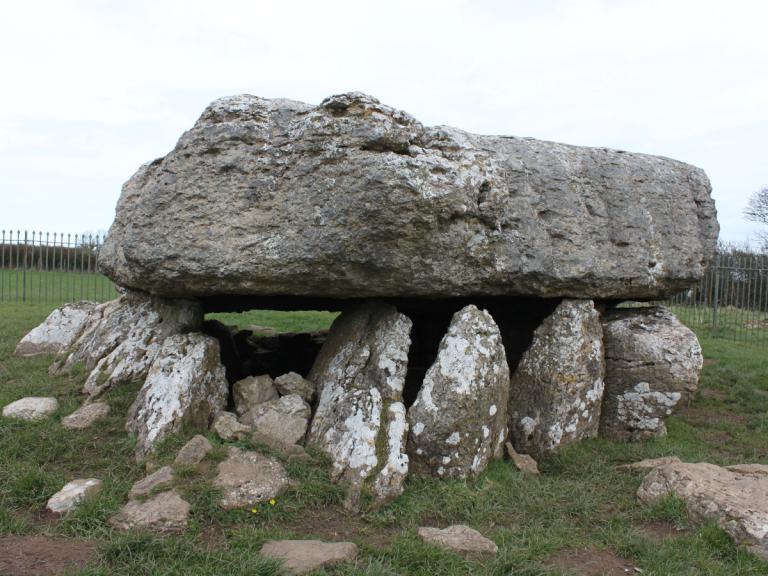 Working with the land brings us into relationship with its spirits. Spend a little time outside and it becomes clear that Nature is alive. Pay attention and you start to understand that Nature and all its creatures are alive in much the same way that we’re alive. And if we have spirits, so do they.
Working with the land brings us into relationship with its spirits. Spend a little time outside and it becomes clear that Nature is alive. Pay attention and you start to understand that Nature and all its creatures are alive in much the same way that we’re alive. And if we have spirits, so do they.
Perhaps you see this as animism. Perhaps you see it as manifestations of the Gods and fae. Perhaps – like me – you see it as both. Regardless of how you understand Nature, working with Nature – as OBOD and most other Druid orders teach – will bring you into relationship with the spirits and the Gods of Nature.
OBOD teaches some very effective spiritual technologies. Most attempts at religious inclusiveness end up being the proverbial mile wide and inch deep. This is the genius of OBOD: the spiritual practices it teaches can be used in a polytheistic setting, in a pantheistic setting, in a non-theistic setting, and even in a monotheistic setting.
OBOD is a Druid order – its teachings are presented in a Celtic Pagan context. But they are applicable in any tradition, and that is by intention. The skills and practices I learned in the groves of the Bards, Ovates, and Druids remain helpful as I attempt to grow deeper in my devotion to the Gods who call to me.
OBOD is not a polytheist order and I strongly suspect it will never become one. That’s OK – its teachings are meaningful and helpful to many people with many different ideas about the Divine. But for a growing number of us, those ideas include polytheism.


